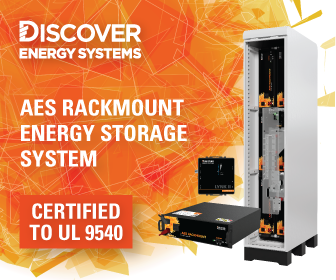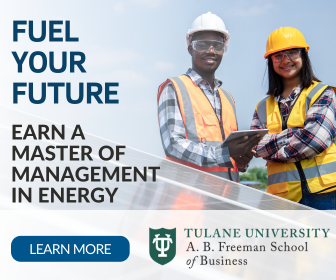A Life Devoted to Tomorrow's Mobility: Board Member Werner Tillmetz says Farewell to ZSW
Professor Werner Tillmetz will retire at the end of September 2018 after some 20 years in industry and 14 years as a member of the Board of Directors and Head of the Electrochemical Energy Technologies Division at the Centre for Solar Energy and Hydrogen Research Baden- Württemberg (ZSW).
Fuel cells and batteries - these two forward-looking transportation technologies figured prominently in his career. Tillmetz made the most of his position to drive the Ulm-based ZSW's development. It is now one of Europe's leading research institutes for batteries and fuel cells. The institute and the University of Ulm's search for a successor is underway.
Renewable energies have gone mainstream; the transition to emission- free electric vehicles powered by batteries and fuel cells is in full swing around the world. The situation was quite different in late 2004 when Prof. Tillmetz was appointed to the Faculty of Natural Sciences at the Ulm University, designated a member of the ZSW Board of Directors, and tasked to manage the Ulm division. "At that time there was little interest in batteries and fuel cells," says Tillmetz.
ZSW leads the way in battery research
When the drive towards e-mobility picked up momentum in 2008, the ZSW was one of the few institutes in Europe with the applied science research capabilities needed to investigate batteries. Tillmetz boldly seized emerging opportunities to significantly step up battery research at the ZSW. The new €60 million, 10,000 square-meter ZSW Laboratory for Battery Technology (eLaB) stands as a testament to the success of these efforts. One highlight of this pioneering research facility is Europe's largest pilot plant for researching the production of large lithium-ion cells on an industrial scale. It has been up and running since 2014.
The number of scientists and scholars at the institute also increased sharply. The ZSW at Ulm employed around 50 people in 2004; today, its headcount stands at 140 people from 14 nations. Excellent prospects for tomorrow's transportation with fuel cells
The fuel cell is also off to the races, gaining ground around the world. The ZSW helped it get out of the gates with important projects to develop high-performance fuel cells for vehicles and hydrogen refueling. "Many people have since realized that trying to cover all market segments with batteries makes little sense," says Tillmetz. Fuel cells have evolved; they are now powerful enough to serve nearly all applications dominated by diesel engines, today. This marks a decisive milestone on the road to emission-free, climate-friendly transportation.
ZSW | www.zsw-bw.de











